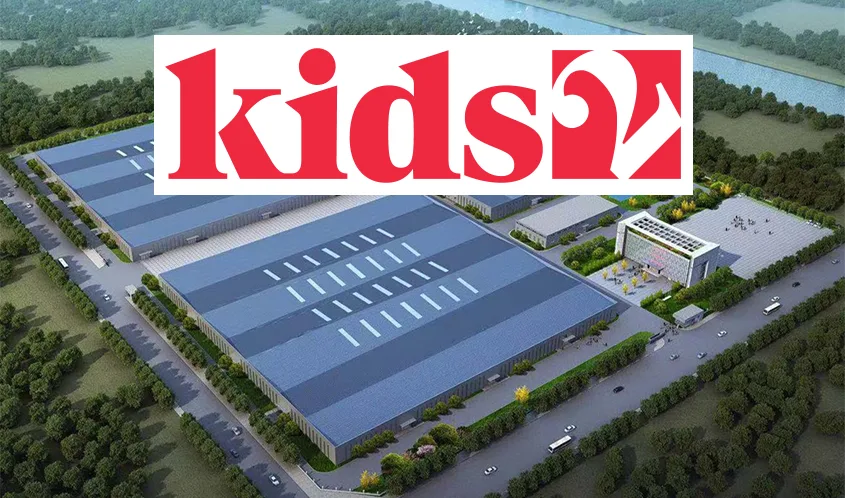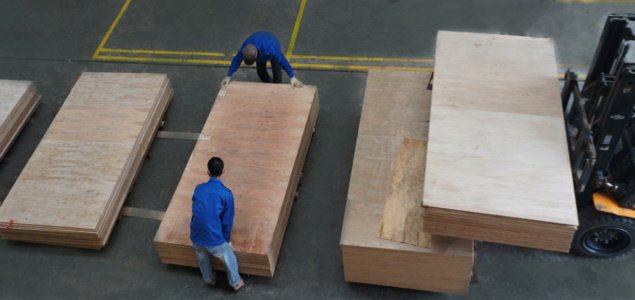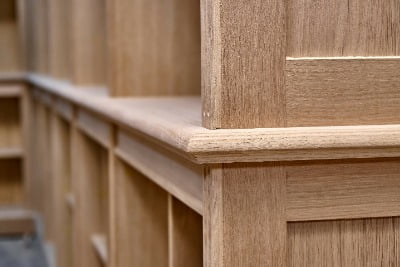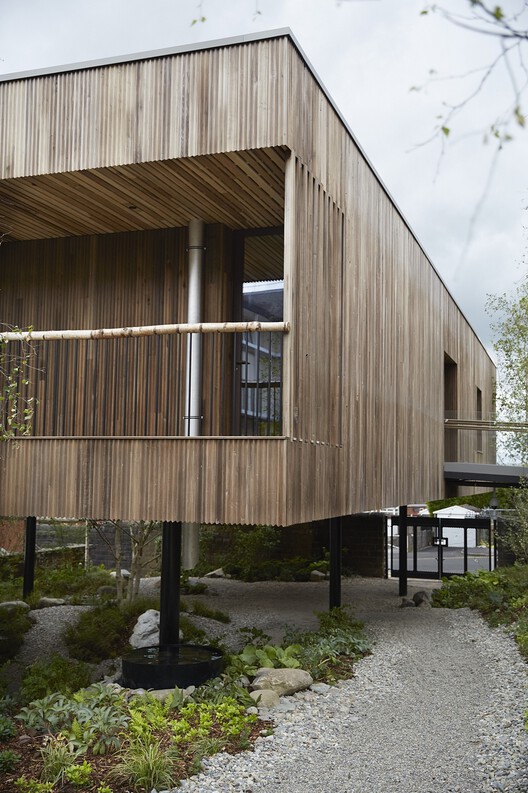As the Trump administration prepares to impose a new round of tariffs on imports during its upcoming term, American toy manufacturers, such as the Atlanta-based company Kids2, are actively adjusting their product lines to minimize costs associated with the tariffs.
TOY INDUSTRY ADAPTS TO TARIFF CHALLENGES
In the previous trade war, Kids2 successfully avoided some tariffs by cleverly redesigning their products to meet specific tariff exemptions. For example, they added removable components to a baby seat, creatively transforming it into a versatile rocking chair, thereby exempting the product from a 25% tariff. Under U.S. tariff regulations, baby seats are taxed, but innovative rocking chairs are not subject to these taxes.
Currently, Kids2 and other companies producing everything from Barbie dolls to athletic shoes are contending with the latest tariff threats from Trump. With escalating U.S.-China tensions, many companies have shifted part of their production from China to other countries, such as Vietnam and Mexico. In 2023, Mexico surpassed China for the first time as the largest source of U.S. imports.
For example, Mattel has made significant adjustments. Chief Financial Officer Anthony DiSilvestro stated that by next year, the proportion of Mattel products imported from China will fall below 40%, compared to an industry average of over 80%.
Mr. DiSilvestro added, “We are analyzing and planning for various tariff scenarios. These plans will be adjusted based on policy changes, which remain highly unpredictable at the moment.”
Some companies opt to import additional goods into the U.S. in advance to mitigate tariff risks. However, this approach has limitations, as large inventory volumes can strain cash flow and increase storage costs. Jay Foreman, CEO of Florida-based toy company Basic Fun, warned that importing the wrong products ahead of time could lead to serious financial problems.
Mr. Foreman also highlighted the challenges of shifting toy production to other low-cost countries, particularly in maintaining product quality and safety. He pointed out that China has built a robust, reliable toy manufacturing ecosystem over decades—something that other countries have yet to replicate.
ADJUSTING PRODUCTION AND DESIGN
Kids2 continues to produce about 90% of its products in China, with most of these manufactured at its own facilities. Despite the Trump administration’s intent to impose new tariffs, Kids2 remains committed to investing in its operations in China, focusing on automating production processes and optimizing its supply chain to reduce costs.
Chief Operating Officer John Sikes stated that the company can absorb some of the new tariffs through cost-cutting measures. However, tariffs exceeding 25% would pose a significant challenge. He also mentioned that the company is preparing to shift additional production to Vietnam and India to adapt to potential policy changes.
Moreover, Kids2 is exploring product design changes to mitigate the impact of tariffs. Sikes revealed that the company’s team of engineers and designers is reviewing all products, aiming to complete the evaluation within six months. However, not all products can be redesigned to avoid tariffs. For instance, items like baby bathtubs and potties offer limited flexibility for design modifications.
Many toy companies are hopeful that they will continue to be shielded from steep tariff policies in the future. During Trump’s first term, toys were largely exempt from high tariffs due to their importance to households. Additionally, toy prices have remained relatively stable over the years, in contrast to many other consumer goods.
Sikes emphasized that raising toy prices would put significant pressure on young families and could exacerbate declining birth rates—an issue of concern in many regions worldwide. He concluded, “I believe policymakers will carefully consider the implications before implementing measures that could increase the cost of toys.”
Source: Reuter, 2024






